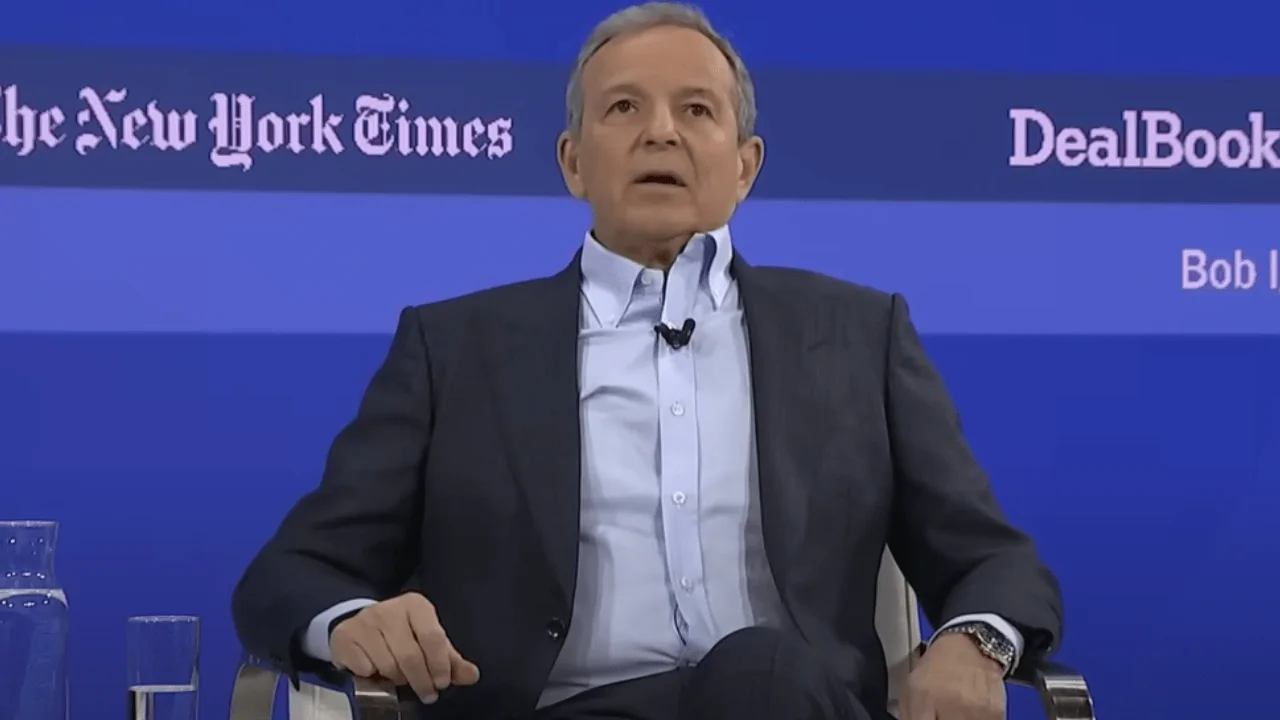
This morning, President Donald J. Trump announced a 100% tax on all films made outside of the U.S. This movie tariff, presented as a strategy to revitalize the American film industry, is expected to significantly affect Disney-the leading company in Hollywood, which has been moving more and more of its production to the United Kingdom.
The order was delivered with trademark Trump flair on Truth Social Monday morning.
The president stated that our movie industry has been taken over by other countries, comparing it to taking ‘candy from a baby.’ He specifically called out California, and its weak and incompetent Governor, as being especially affected. To address this ongoing issue, he announced he will be implementing a 100% tariff on all movies produced outside the United States. He concluded with, “Thank you for your attention to this matter. MAKE AMERICA GREAT AGAIN!”
This new policy is a significant setback for Disney, which has invested heavily in international studios. The company recently shifted several Marvel projects from Georgia to the U.K., attracted by the generous tax breaks and incentives available at Pinewood and Shepperton. Additionally, Disney moved production of certain animated movies to Canada.

The surprising thing is this: what Disney thought would save money might actually lead to financial trouble. This is because tariffs could potentially double the cost of releasing those films in the American market again. It’s a real twist of fate!
Disney in the Crosshairs
Disney has always been open about wanting to expand worldwide. Forbes recently noted that the company has earned billions through foreign incentives by filming projects outside the U.S. Actually, Disney is now a major investor in the U.K.’s film industry, spending a lot of money to reserve studio space at Pinewood Studios. This international focus includes both big-budget Marvel films like Deadpool & Wolverine and smaller projects such as Fantastic Four: First Steps. Disney also just completed filming the high-budget Avengers: Doomsday in the U.K.
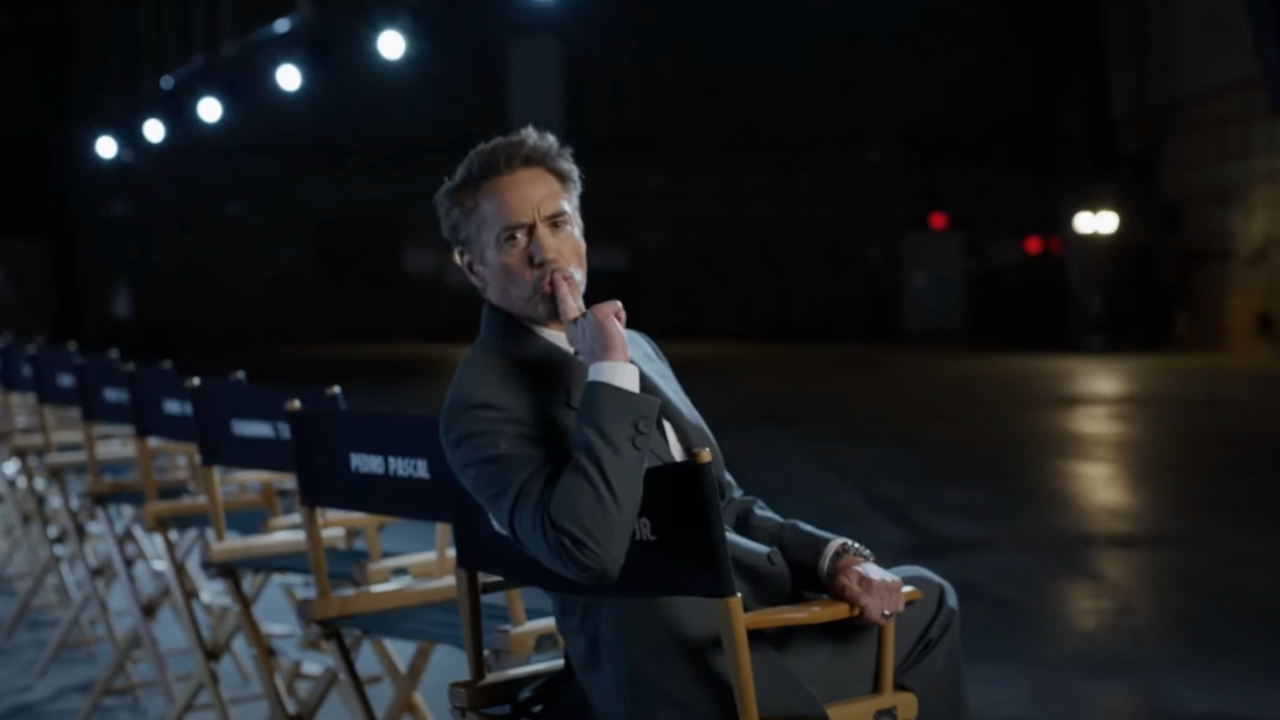
Disney’s use of outsourcing extends beyond just live-action films. The company has also moved significant parts of its animation work to Canada, establishing a new studio in Vancouver that is currently working on important projects. It’s been reported that production of the hit animated movie Moana 2 was relocated to Canada, resulting in a loss of “hundreds of millions” of dollars in economic activity for California. The Vancouver studio isn’t a minor operation – Disney has hired over a hundred people there and connected it directly to its major animated movie releases.
As a film buff, I’m really concerned about what Trump’s proposed 100% tariff could mean. It’s not just about live-action; even animated movies could be penalized if they’re made overseas. It’s a bit ironic, because Walt Disney Animation, which is so intrinsically linked to American culture, could end up facing the same trade issues as Marvel’s live-action films filmed in London. Basically, Disney’s been making movies all over the world – they’ve exported not only their superheroes but also their princesses! This makes them particularly vulnerable compared to other studios that have kept their animation production closer to the US. It’s a complicated situation, and I worry about the impact on the industry.
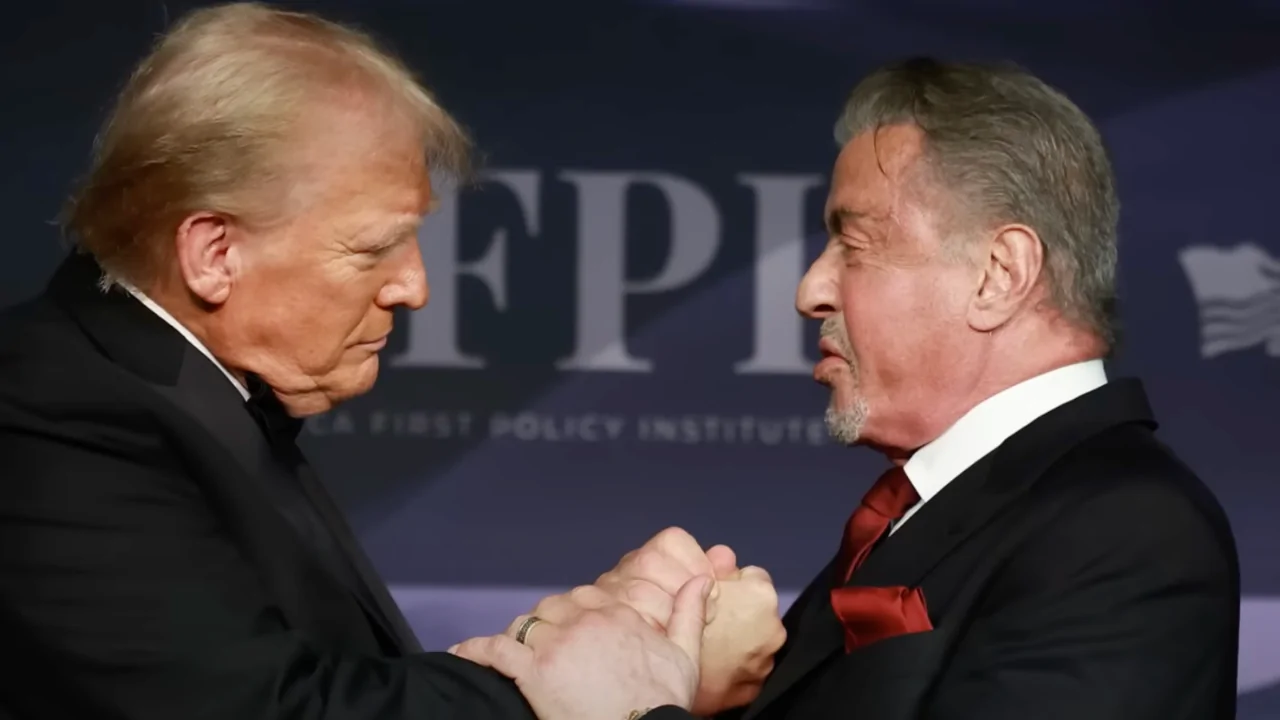
This new tariff on movies proposed by Trump could significantly increase costs for films mainly shot outside the U.S., including those made by Disney. This leads to the question: will Disney move production back to places like Georgia, California, or other states within America-or will they challenge the decision in court? Regardless of what happens, this has created major disruption for the company’s international plans.
Disney’s Billions in U.K. Incentives
Why is Disney facing more scrutiny than other companies? It’s because of the large amount of financial support it has received from governments in Britain and Europe. Recent reports show Disney has earned over $20 billion in foreign incentives by filming many of its projects outside of the U.S. In 2024, the company pledged to invest an additional $5 billion in productions based in the U.K. and Europe, further increasing its dependence on tax benefits from outside the United States.

These benefits have essentially helped pay for Disney’s priciest movies, reducing how much they cost to make and increasing profits. However, if Trump’s proposed 100% tariff is implemented, this financial advantage would disappear. A $200 million Marvel film that previously benefited from foreign tax refunds could suddenly see its American distribution costs doubled due to the tariff. What was once a smart way to manage finances would quickly become a financial burden.
The Wider Hollywood Impact
While Disney may feel the sting the most, other studios are far from safe:
- Warner Bros.: Operates Leavesden Studios in the U.K., where Harry Potter and DC films have been produced.
- Universal: Uses extensive overseas locations for franchises like Fast & Furious and Jurassic World.
- Paramount: Shoots action films and Mission Impossible installments across Europe and Asia.
- Sony: Regularly films Spider-Man entries in London and other global hubs.
- Netflix: Invested heavily in foreign production to diversify its content slate, making it highly exposed.
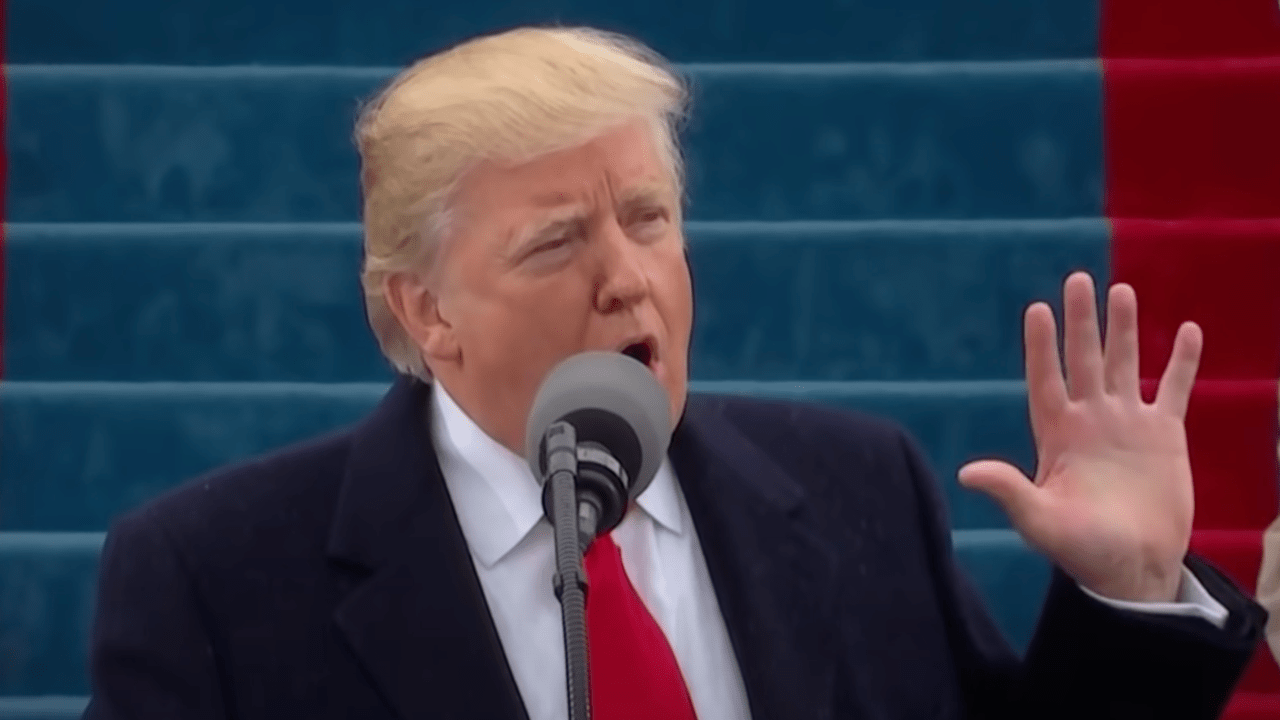
Simply put, almost all of the biggest names in Hollywood are now filming abroad. However, Disney-because of its significant investment in the U.K.-stands to gain or lose the most.
Newsom Under Fire
Trump didn’t only criticize film and television studios; he also directly challenged California Governor Gavin Newsom. The issue of film and TV production leaving California has been ongoing for many years, as projects move to places like Canada and the U.K. which offer more favorable tax incentives.
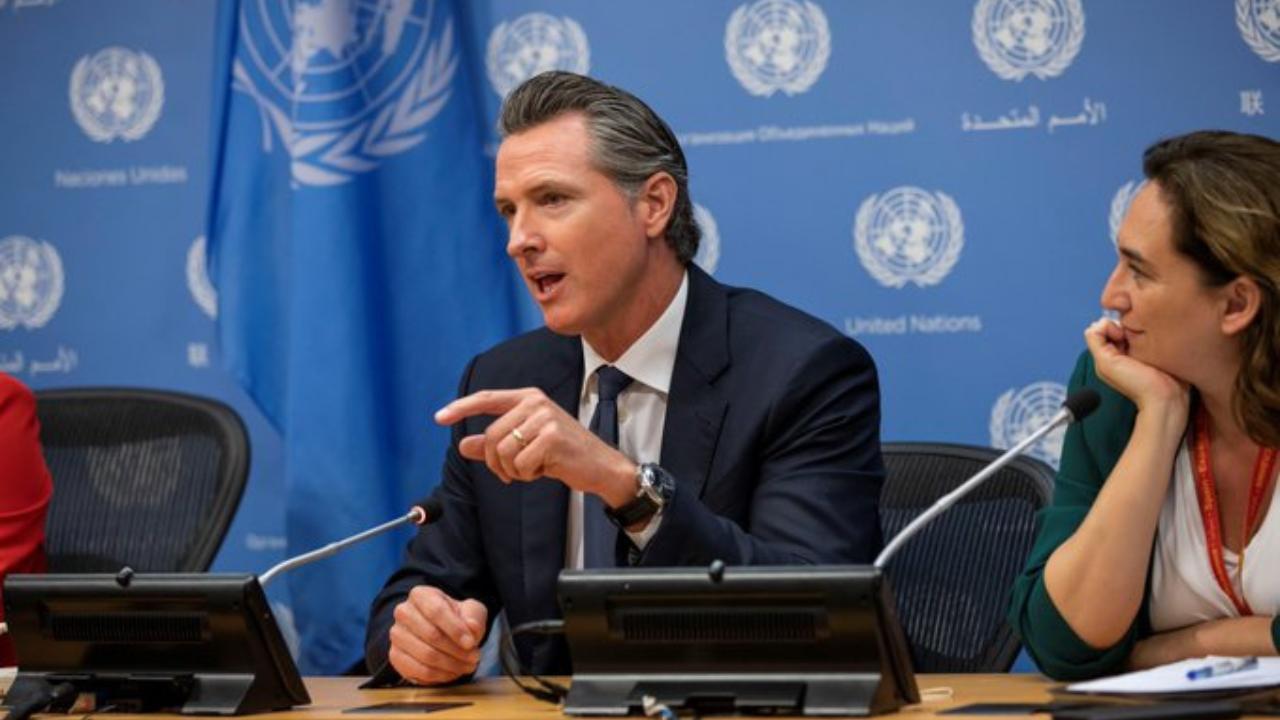
As a film buff, I found Trump’s comments really interesting. He directly blamed Governor Newsom, painting him as not doing enough to protect California’s long-held position as the king of entertainment. And honestly, with a giant like Disney increasingly filming so much content overseas, it’s a criticism that’s likely to hit home with a lot of people. It feels like a real challenge to California’s historical dominance in the industry.
Reality Check: Can This Tariff Even Be Enforced?
This is where it becomes tricky. Tariffs are generally put on physical products-like steel, electronics, and cars-rather than things you can’t physically touch, such as artwork. The question is, how do you actually tax a film that had portions created in Atlanta, filmed in London, and completed with visual effects in Vancouver?
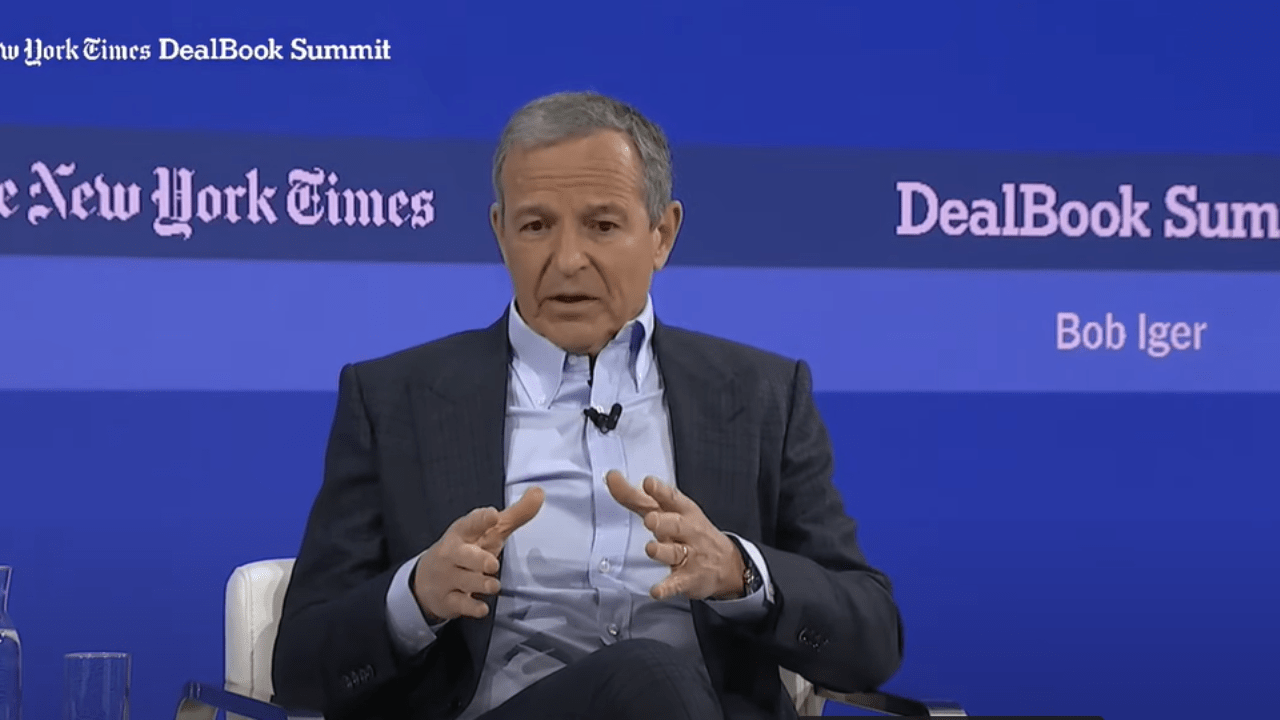
Trade lawyers are already pointing out potential roadblocks:
- Defining “foreign-made”: Would a film qualify as foreign if even 30% of its production was overseas? Or does it have to be entirely shot outside the U.S.?
- Hybrid Productions: Modern blockbusters are made across dozens of countries. Enforcement would require splitting hairs over what counts as “domestic” versus “foreign.”
- WTO and Trade Law: Slapping a 100% tariff on films could invite legal challenges from the World Trade Organization or trigger retaliation from allies like the U.K. and Canada.
- Distribution Loopholes: Studios might simply route films through American subsidiaries or claim “domestic finishing” to skirt penalties.
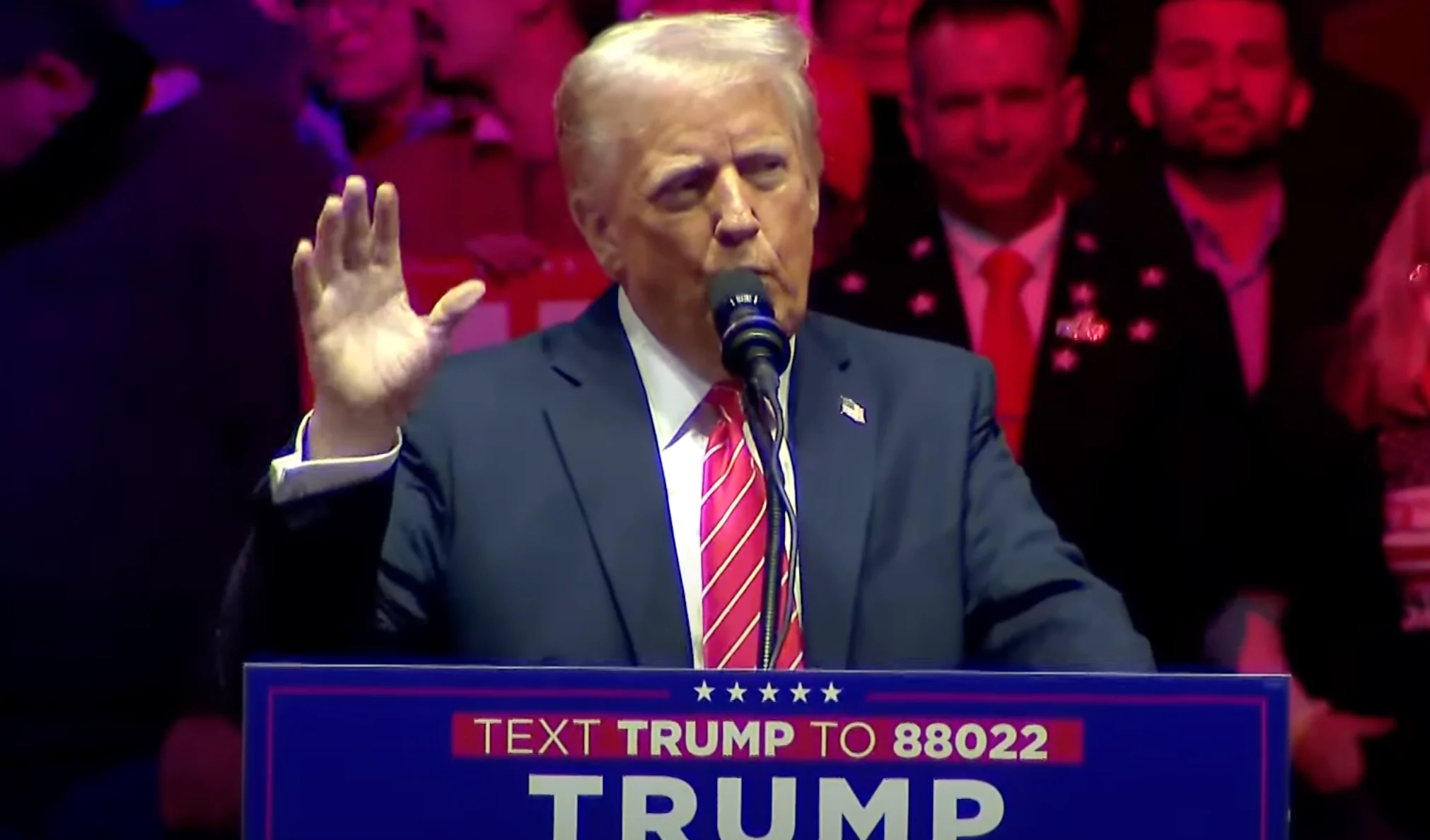
Simply put, Trump’s decision is daring, though putting it into practice might be complicated. This doesn’t diminish the seriousness of the situation-it just suggests the conflict will likely be fought in legal settings, like courts and trade organizations, as well as through public pressure and media attention.
Conclusion
For a long time, Hollywood has been moving production overseas to take advantage of financial incentives. Now, President Trump has put a stop to this practice with a broad new policy that could dramatically change the film and television industry very quickly.
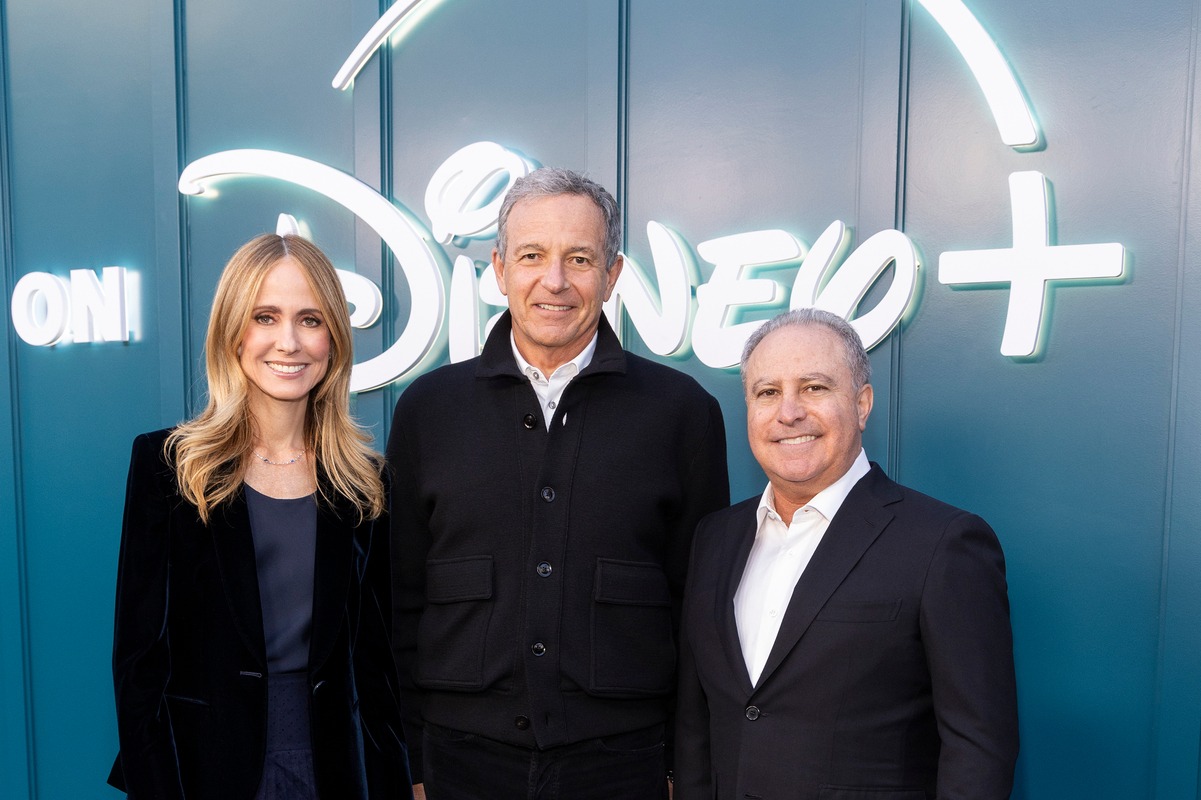
Disney, having already invested billions in the United Kingdom, is facing the biggest potential losses. It’s unclear if this situation will lead to jobs returning to California and Georgia-or if it will trigger a damaging trade conflict. However, one thing is clear: the fight for the future of Hollywood has only just started.
Read More
- Tom Cruise? Harrison Ford? People Are Arguing About Which Actor Had The Best 7-Year Run, And I Can’t Decide Who’s Right
- How to Complete the Behemoth Guardian Project in Infinity Nikki
- What If Karlach Had a Miss Piggy Meltdown?
- Zerowake GATES : BL RPG Tier List (November 2025)
- Razer’s New Holographic AI Assistant Sits On Your Desk And Promises Help, Not Judgement
- Fate of ‘The Pitt’ Revealed Quickly Following Season 2 Premiere
- Mario Tennis Fever Release Date, Gameplay, Story
- Gold Rate Forecast
- This Minthara Cosplay Is So Accurate It’s Unreal
- The Beekeeper 2 Release Window & First Look Revealed
2025-09-29 16:59